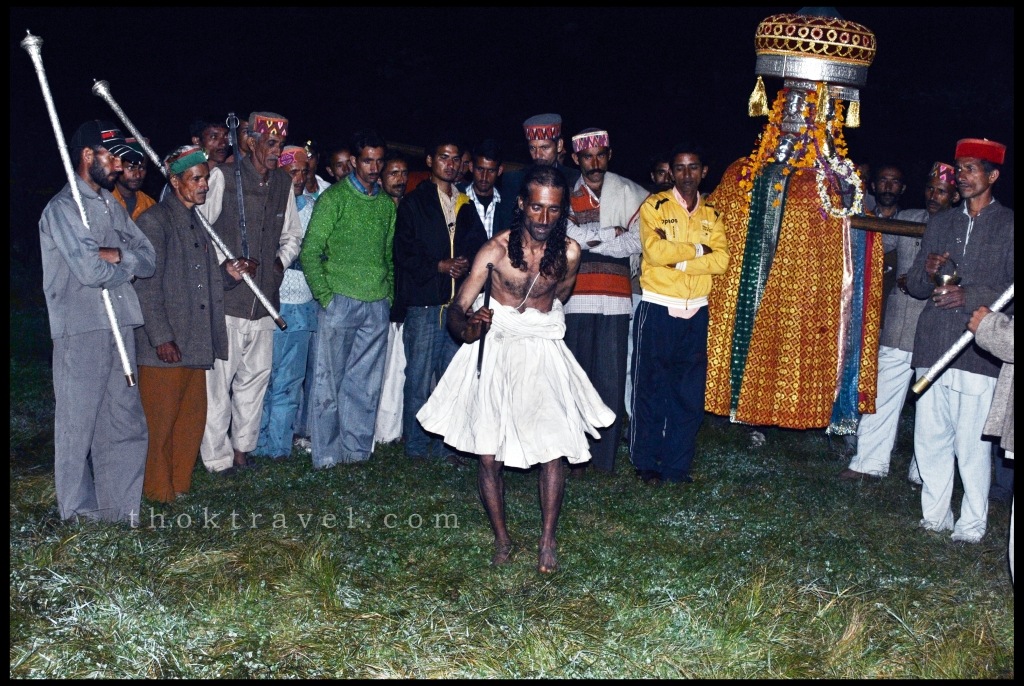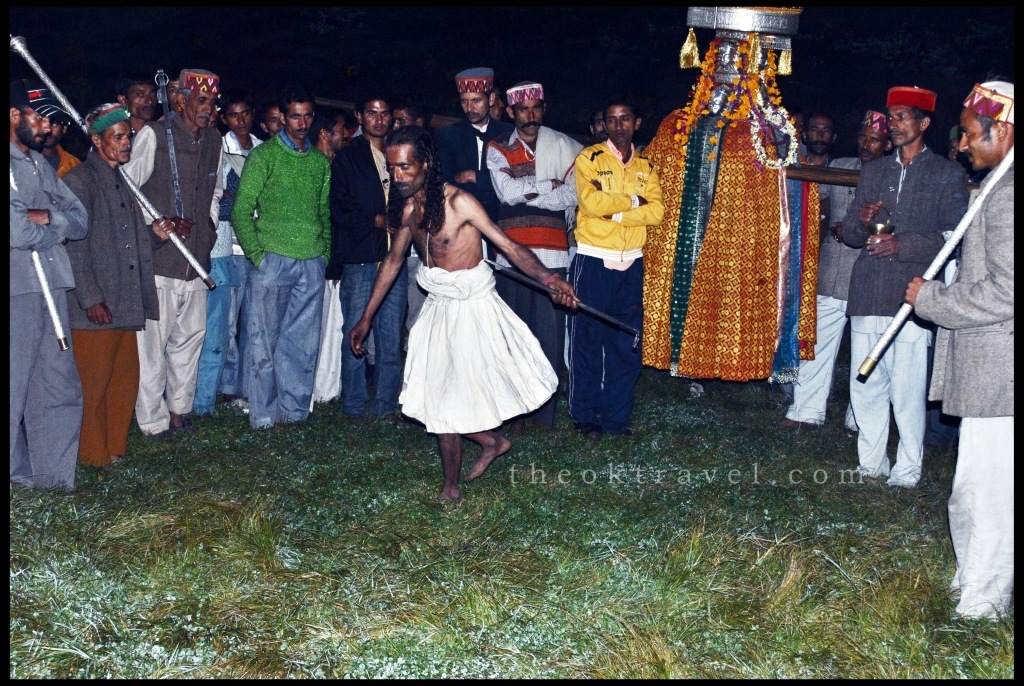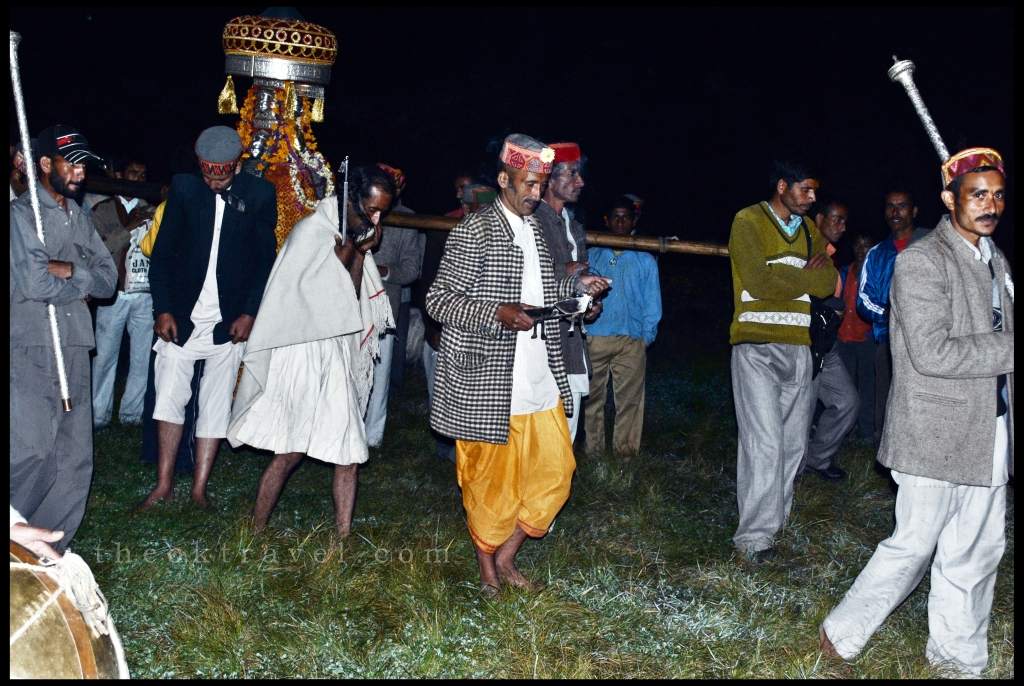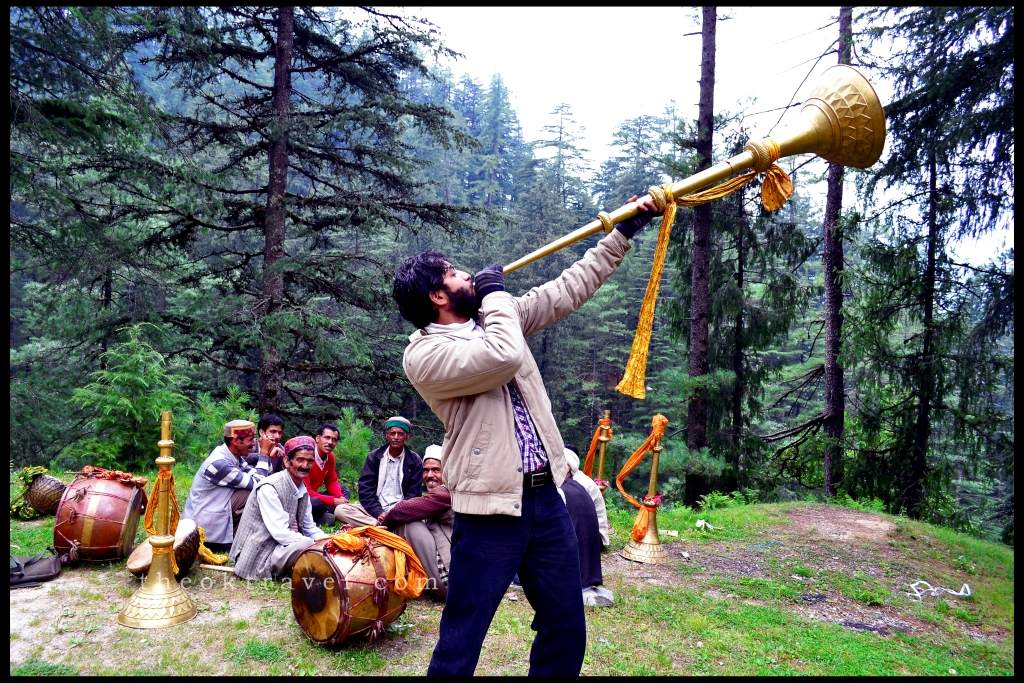Budhi Diwali celebrations have started in the ‘Transgiri Village’ of Sirmour District in Himachal Pradesh. At the same time, sickness ‘Jaunsar-Babar’ in Uttarakhand and Karsog in Mandi are also dancing to the tunes of traditional music because its Budhi Diwali time.
India celebrated Diwali last month, clinic arguably the greatest festival of the country. A month after the mainstream Diwali festival is over; interiors of Himachal Pradesh and Uttarakhand are celebrating the Buddhi Diwali or dark Diwali that involves dancing around bonfires
Animal sacrifices and alcohol will become a daily routine for weeks in the interior villages of Himachal Pradesh starting from the second week of December this year.
Traditional practices involve dancing on cinders, singing traditional songs, and some consider it as the best time to get married. In Sirmour, Buchedu Dance is the traditional dance associated with the festival.




In Karsog, cinder dancing is celebrated and temple priests perform the rituals of walking over cinders to pay tribute to the local deity. It is also said that whenever the processions start, a random person from the audience will go unconscious and will not regain consciousness until the festival processions are over.
People in the Kullu, Sirmour, Shimla, and Mandi districts have been celebrating this unique festival for centuries. The celebrations start on the darkest night of a lunar month, ‘Amavasya’ as it is called in India. The festivals last for weeks, depending upon the local mythology of the village or the region.
Celebrations start in one month after the actual festival as locals believe the news of Lord Ram’s return to Ayodhya – which Diwali commemorates – reached them late. In some villages, this festival is related to agricultural activities. Once agricultural activities are over, people celebrate Budhi Diwali to share some time together.
People dance and sing folklore related to the Mahabharata epic in front of bonfires, amid the beating of drums and playing of trumpets, and consign the devil to the flames. Processions are also taken out with flames lit from the bonfire in the village.
In Kullu, this festival commemorates killing of demons Dano and Asur who resided there in the form of snakes and troubled the villagers for long. Even today, people believe that celebrating this festival helps to chase away the evil prevailing around us.
